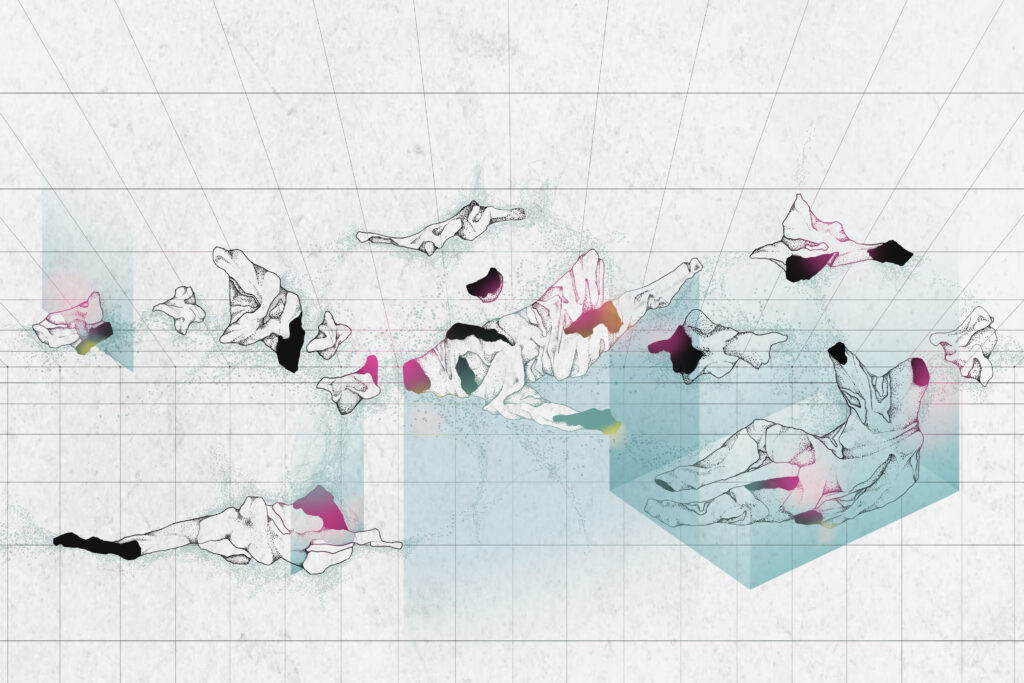Transcendent Locality

The circumstance of not being able to return to their homeland for an indefinite period represented to the refugees a deep caesura in their lives. On the one hand, they were physically present in the hostlands. On the other hand, the emotional presence revolved around the abandoned home, fears and insecurities often prevented the arrival in the host country. The refugees were located in an intermediate state between the physical present and the abandoned before. In this state, boundaries between the immanent being in the present and the transcendent being in the mind blur – the migrated individual is in a transcendent locality.
This powerlessness of the refugees was absorbed by the social networks in the hostlands, which became wider and denser with increasing migration and were based on mutual help, solidarity and trust. At that time, i.e. in the 1990s, the diaspora was motivated by a collective sense of responsibility to engage politically and socially for the homeland. During this time, the Kosovar Albanian community grew together and was united by the desire for freedom and independence.

